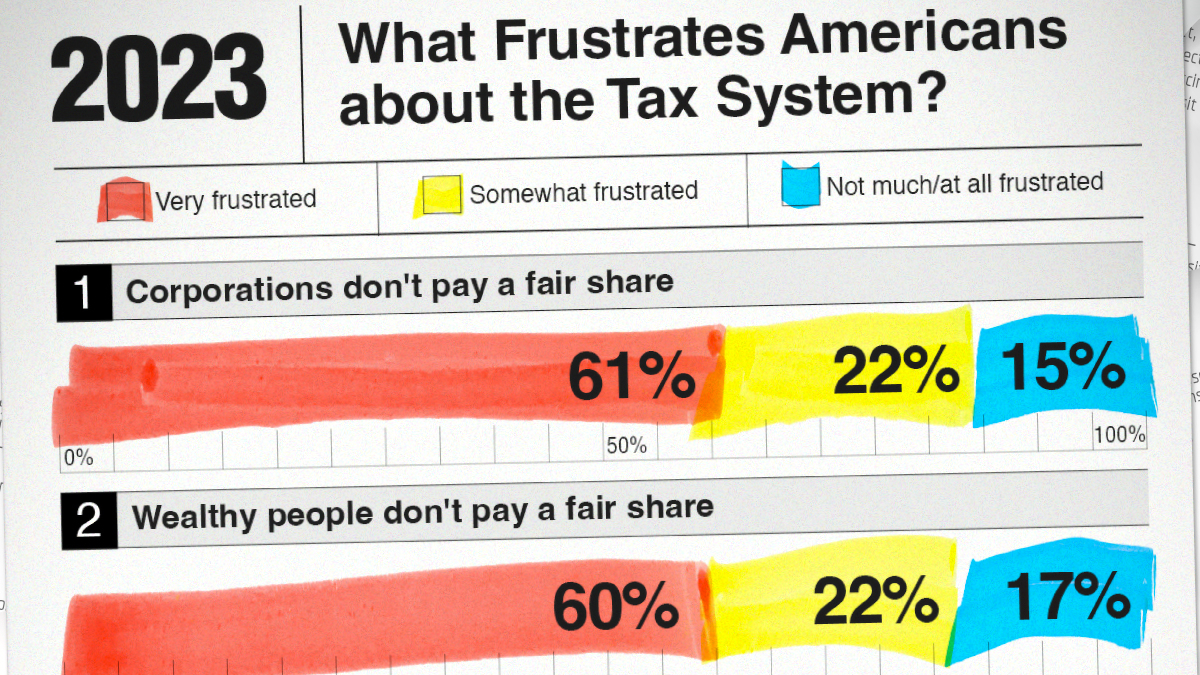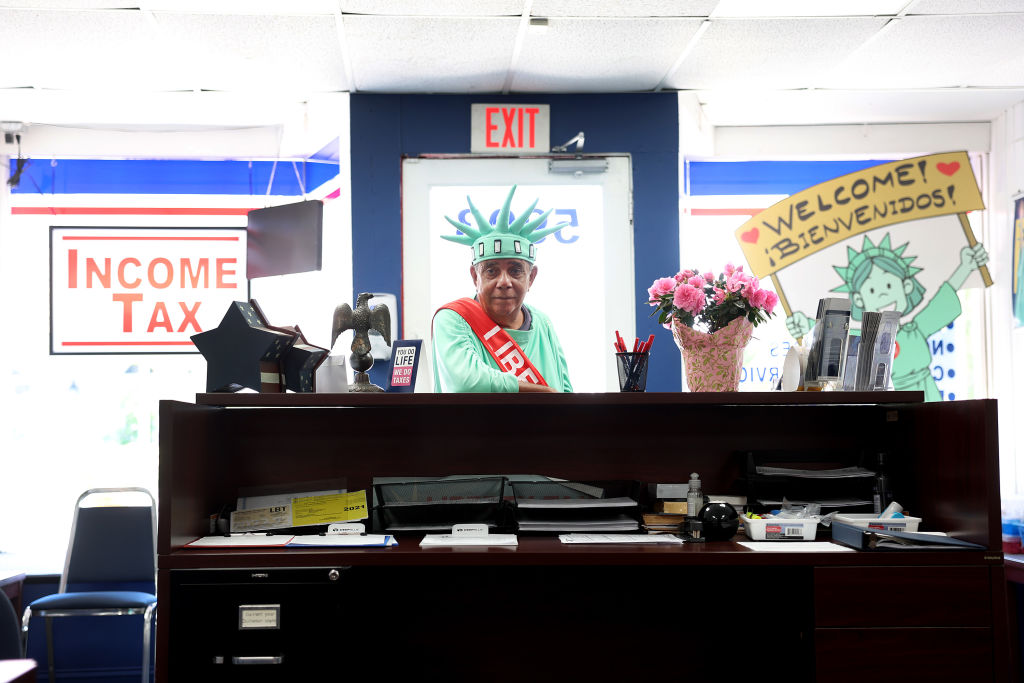Showing slackers the door

A free daily email with the biggest news stories of the day – and the best features from TheWeek.com
You are now subscribed
Your newsletter sign-up was successful
Here are three of the week's top pieces of financial insight, gathered from around the web:
Showing slackers the door
"Quiet quitting" is leading to "quiet firing," said Callum Borchers in The Wall Street Journal. According to Gallup, "half the U.S. workforce is allegedly quiet quitting — that is, doing only what's in their job descriptions and no more." Bosses have put up with this because "in a tight labor market, a warm body is better than nobody." But with more businesses expecting a recession, managers are tightening up their expectations of productivity. Human-resources specialists say "quiet firing" is on the rise, referring to actions that minimize employees' significance to nudge them out the door. "Tactics include sidelining them by cutting responsibilities or denying promotions and raises." If you notice your boss doing this to you, "your days might be numbered."
The Week
Escape your echo chamber. Get the facts behind the news, plus analysis from multiple perspectives.

Sign up for The Week's Free Newsletters
From our morning news briefing to a weekly Good News Newsletter, get the best of The Week delivered directly to your inbox.
From our morning news briefing to a weekly Good News Newsletter, get the best of The Week delivered directly to your inbox.
CFOs privately doubt ESG push
Many CFOs are growing frustrated with both regulators and asset managers over the ESG push, said Eric Rosenbaum at CNBC. "In public, U.S. corporations say the right things about environmental, social, and governance (ESG) factors as part of their mindset." But behind the scenes, there is backlash brewing in the C-suite. A new survey of chief financial officers at top companies in the U.S. found that 45 percent support moves by red states "to ban investment managers that use ESG factors from state pension fund business." And only 25 percent support the Securities and Exchange Commission's recent climate disclosure proposal. "CFOs are always worried about overregulation," but on this issue they are struggling to understand "the materiality of climate disclosure or broader value of ESG."
Don't panic over a 1099-K
Because of a change in tax laws, many sellers on online marketplaces as well as users of payment apps such as Venmo or CashApp will be getting a new tax form, the 1099-K, said Ann Carrns in The New York Times. Previously, that form, which is also sent to the IRS, was issued only to people who "exceeded 200 transactions and $20,000 in income" from online sales. Now the threshold is down to $600, with no transaction minimum. That can create confusion. Remember that you owe taxes only on gains. "Say you sold a used piano on eBay for $1,000, but you paid $2,500 when you bought it new." You don't owe any tax. The new requirement doesn't apply to "friends and family" transactions. Venmo transactions are tagged that way by default; CashApp says that "users with standard, personal accounts won't receive the forms and that only users with business accounts will have transactions reported to the IRS."
A free daily email with the biggest news stories of the day – and the best features from TheWeek.com
This article was first published in the latest issue of The Week magazine. If you want to read more like it, you can try six risk-free issues of the magazine here.
-
 Local elections 2026: where are they and who is expected to win?
Local elections 2026: where are they and who is expected to win?The Explainer Labour is braced for heavy losses and U-turn on postponing some council elections hasn’t helped the party’s prospects
-
 6 of the world’s most accessible destinations
6 of the world’s most accessible destinationsThe Week Recommends Experience all of Berlin, Singapore and Sydney
-
 How the FCC’s ‘equal time’ rule works
How the FCC’s ‘equal time’ rule worksIn the Spotlight The law is at the heart of the Colbert-CBS conflict
-
 IRS seeks to close loophole used by ultra-wealthy
IRS seeks to close loophole used by ultra-wealthySpeed Read "Partnership basis shifting" means financial assets are shuttled through related corporate entities to avoid being taxed
-
 How the Democrats' push to make the IRS more efficient accelerated the debt limit crisis
How the Democrats' push to make the IRS more efficient accelerated the debt limit crisisSpeed Read
-
 Choosing kids over savings
Choosing kids over savingsfeature And more of the week's best financial insight
-
 Due to inflation, IRS raises standard deduction and tax brackets for 2023
Due to inflation, IRS raises standard deduction and tax brackets for 2023Speed Read